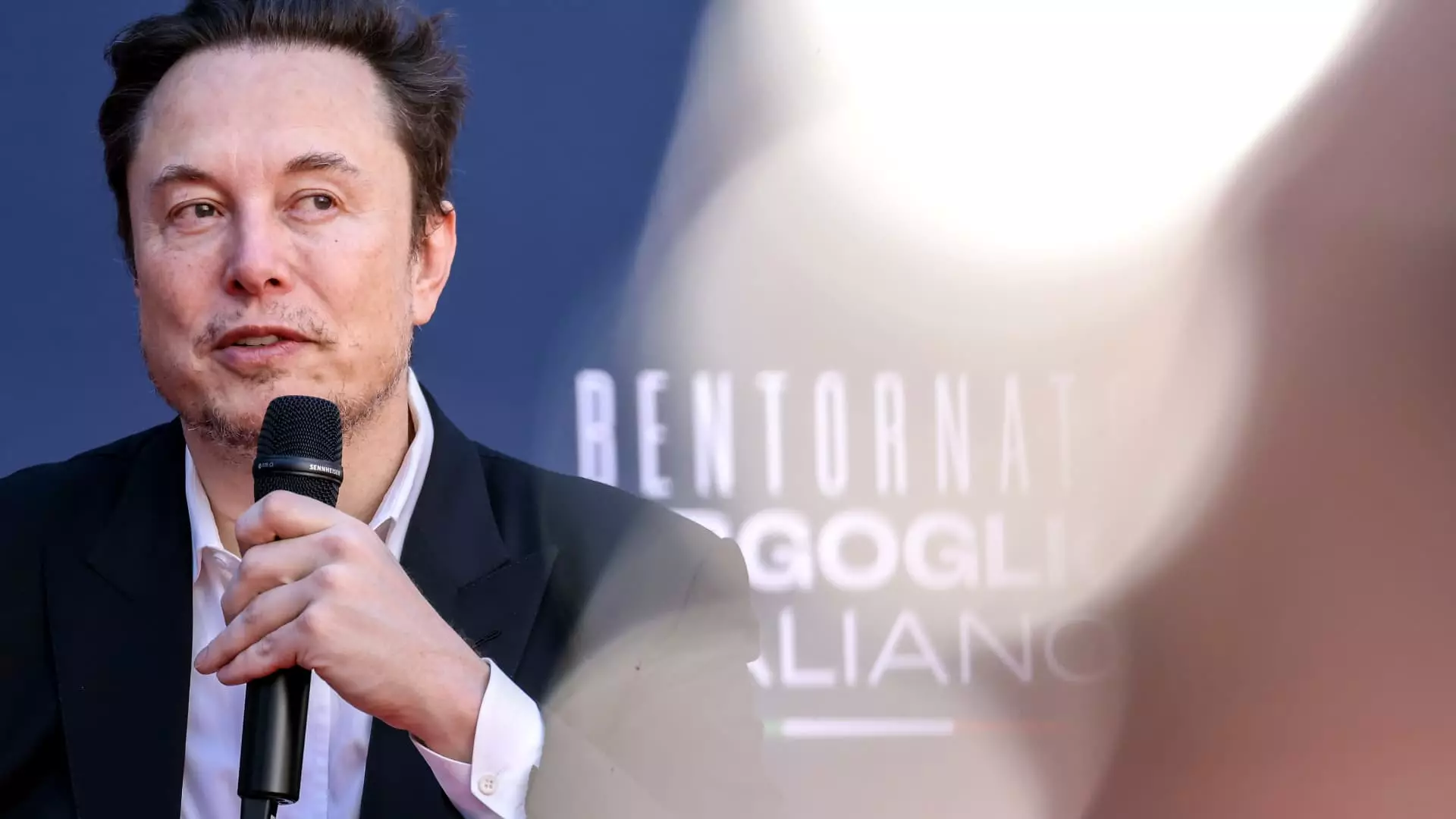OpenAI has recently found itself embroiled in a legal battle with Tesla CEO Elon Musk, who filed a lawsuit against the startup earlier this month. Musk claimed breach of contract, referring to a 2015 “founding agreement” that he alleged was violated by OpenAI. However, OpenAI has challenged this claim, stating that there is no such agreement with Musk, as he asserts in his complaint. The startup derided Musk’s claims as frivolous and a mere attempt to lay unearned claim to the success of an enterprise he initially supported but later abandoned.
OpenAI refuted Musk’s assertions by pointing out that there is no tangible evidence of the alleged 2015 founding agreement. The startup emphasized that Musk’s claims lack substance and are based on a fictional narrative that he has created to assert ownership over the fruits of OpenAI’s labor. Despite Musk’s reference to the certificate of incorporation with the Delaware secretary of state as proof of the agreement, OpenAI firmly stated that there is no such agreement in existence.
While Musk contends that OpenAI’s actions, such as the release of the GPT-4 language model without detailed scientific information, constitute a breach of the non-existent agreement, OpenAI has sought to have the case designated as complex. The startup has emphasized the involvement of AI technology and the fact that the claims date back almost a decade. OpenAI’s decision to seek dedicated case management for the lawsuit demonstrates its commitment to addressing the legal challenges it faces from various fronts, including Musk’s lawsuit.
Musk’s involvement in the AI space is not limited to his legal dispute with OpenAI. The Tesla CEO runs his own AI lab called X.AI, which has released a chatbot named Grok. Musk recently announced that the code for Grok will be made available under an open-source license, signaling his commitment to promoting transparency and innovation in the field of artificial intelligence. This move by Musk further highlights his interest in advancing AI technologies and making them accessible to the broader community.
OpenAI’s ChatGPT has garnered significant success, boasting 100 million weekly users as of November. The startup has made remarkable technological advances in the AI space, which Musk appears to admire. However, Musk’s recent legal action against OpenAI suggests a desire to claim a share of the startup’s success for himself. OpenAI has firmly rejected Musk’s allegations, asserting that his claims are unfounded and aimed at appropriating the accomplishments of the startup without merit.
OpenAI’s response to Musk’s lawsuit highlights the complex nature of the legal dispute and the startup’s commitment to defending itself against baseless claims. As the case unfolds, it remains to be seen how the courts will adjudicate the matter and whether Musk’s allegations will hold merit in the face of OpenAI’s staunch defense of its integrity and accomplishments in the field of artificial intelligence.

Leave a Reply